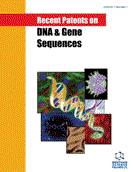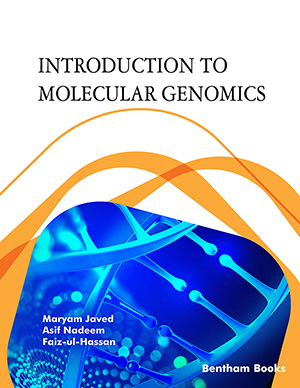Abstract
This paper provides an overview of the ethical issues pertaining to the use of genetic insights and techniques in sport. Initially, it considers a range of scientific findings that have stimulated debate about the ethical issues associated with genetics applied to sport. It also outlines some of the early policy responses to these discoveries from world leading sports organizations, along with knowledge about actual use of gene technologies in sport. Subsequently, it considers the challenges with distinguishing between therapeutic use and human enhancement within genetic science, which is a particularly important issue for the world of sport. Next, particular attention is given to the use of genetic information, which raises questions about the legitimacy and reliability of genetic tests, along with the potential public value of having DNA databanks to economize in health care. Finally, the ethics of gene transfer are considered, inviting questions into the values of sport and humanity. It argues that, while gene modification may seem conceptually similar to other forms of doping, the requirements upon athletes are such that new forms of enhancement become increasingly necessary to discover. Insofar as genetic science is able to create safer, more effective techniques of human modification, then it may be an appealing route through which to modify athletes to safeguard the future of elite sports as enterprises of human excellence.
Keywords: Ethics, athletics, genetics, patents, ACTN3, olympics, sports, gene transfer, world anti-doping agency, genetic testing, human enhancement
 22
22











